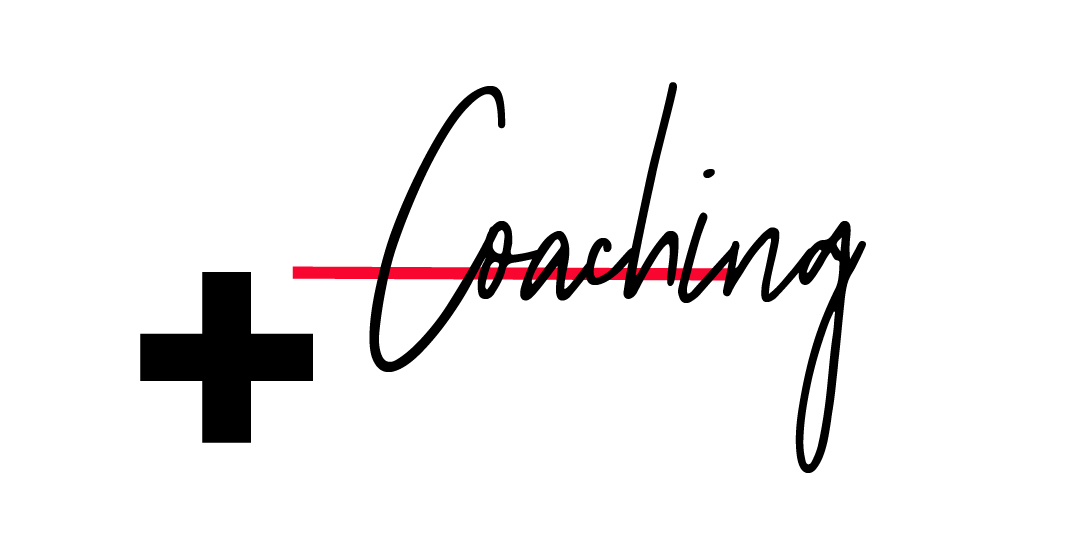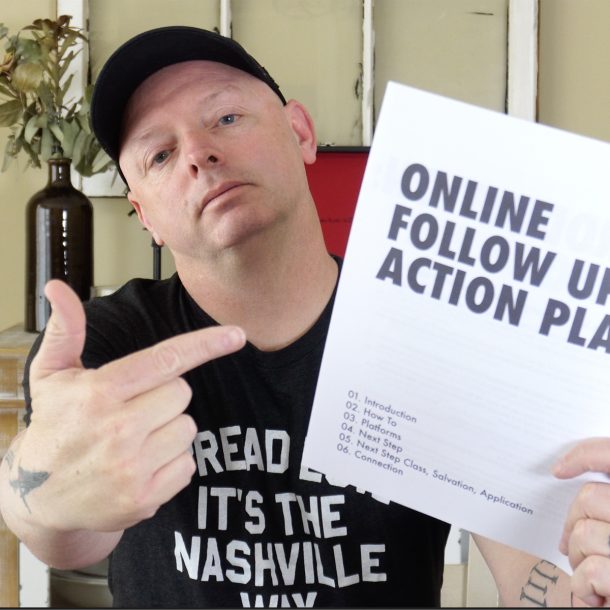Do you know what transitions a person to becoming an expert? It’s years of doing something amazing and yet still improving. It’s seasons, bruises, wins, failures, fights, hugs, love, hate, the highest of highs, and the lowest of lows…then showing up one more time.
Emma Coats is an expert’s expert. Coats has spent over 20 years working for the animation studio at Pixar. Currently, she is a storyboard artist.
Recently Emma Coats shared what she calls her 22 rules for storytelling. These are practical to story telling – not just textbook copies; they’re fun and insightful.
- #1: You admire a character for trying more than for their successes.
- #2: You have to keep in mind what’s interesting to you as an audience, not what’s fun to do as a writer. They can be very different.
- #3: Trying for theme is important, but you won’t see what the story is actually about until you’re at the end of it. Now rewrite.
- #4: Once upon a time there was ___. Every day, ___. One day ___. Because of that, ___. Because of that, ___. Until finally ___.
- #5: Simplify. Focus. Combine characters. Hop over detours. You’ll feel like you’re losing valuable stuff, but it sets you free.
- #6: What is your character good at, comfortable with? Throw the polar opposite at them. Challenge them. How do they deal?
- #7: Come up with your ending before you figure out your middle. Seriously. Endings are hard, get yours working up front.
- #8: Finish your story, let go even if it’s not perfect. In an ideal world you have both, but move on. Do better next time.
- #9: When you’re stuck, make a list of what WOULDN’T happen next. Lots of times the material to get you unstuck will show up.
- #10: Pull apart the stories you like. What you like in them is a part of you; you’ve got to recognize it before you can use it.
- #11: Putting it on paper lets you start fixing it. If it stays in your head, a perfect idea, you’ll never share it with anyone.
- #12: Discount the 1st thing that comes to mind. And the 2nd, 3rd, 4th, 5th – get the obvious out of the way. Surprise yourself.
- #13: Give your characters opinions. Passive/malleable might seem likable to you as you write, but it’s poison to the audience.
- #14: Why must you tell THIS story? What’s the belief burning within you that your story feeds off of? That’s the heart of it.
- #15: If you were your character, in this situation, how would you feel? Honesty lends credibility to unbelievable situations.
- #16: What are the stakes? Give us reason to root for the character. What happens if they don’t succeed? Stack the odds against them.
- #17: No work is ever wasted. If it’s not working, let go and move on – it’ll come back around to be useful later.
- #18: You have to know yourself: the difference between doing your best & fussing. Story is testing, not refining.
- #19: Coincidences to get characters into trouble are great; coincidences to get them out of it are cheating.
- #20: Exercise: take the building blocks of a movie you dislike. How do you rearrange them into what you DO like?
- #21: You have to identify with your situation/characters, you can’t just write ‘cool’. What would make YOU act that way?
- #22: What’s the essence of your story? Most economical telling of it? If you know that, you can build out from there.
Telling a story matters. And telling YOUR story matters. With a ridiculous amount of content being created every minute, if we don’t master the HOW of telling story, our content will be lost in the masses forever and will never be able to make the impact that God designed for each chapter. Let’s tell GREAT stories.
What is the best story you have ever told?





invaluable post, right here, friend.
as a lifetime writer, i’ve written so many things, but ecently have been enchanted by songwriting – with the realization that it’s the one form of writing that you can experience over and over again, 1000’s of reruns, not just one or two… this seems like great stewardship of the best ideas and messages. all of that being said:
Jason (dyba) was telling me it was smart that i had started writing with really talented writers, that he himself spent more time writing alone before he started to write with others.
i said i was writing alone too… it just wasn’t songs. it was articles, scripts, books…
He said you were putting your songs into stories, and now you’re putting your stories into songs.
what a blessing to be able to do both.
the stories in songs, get told more often.